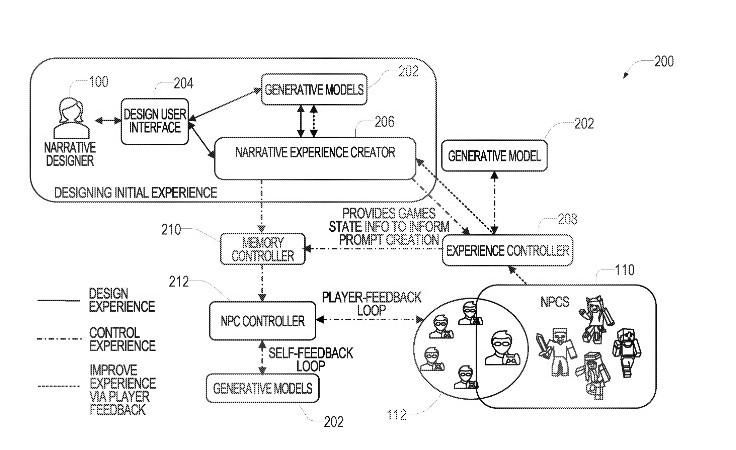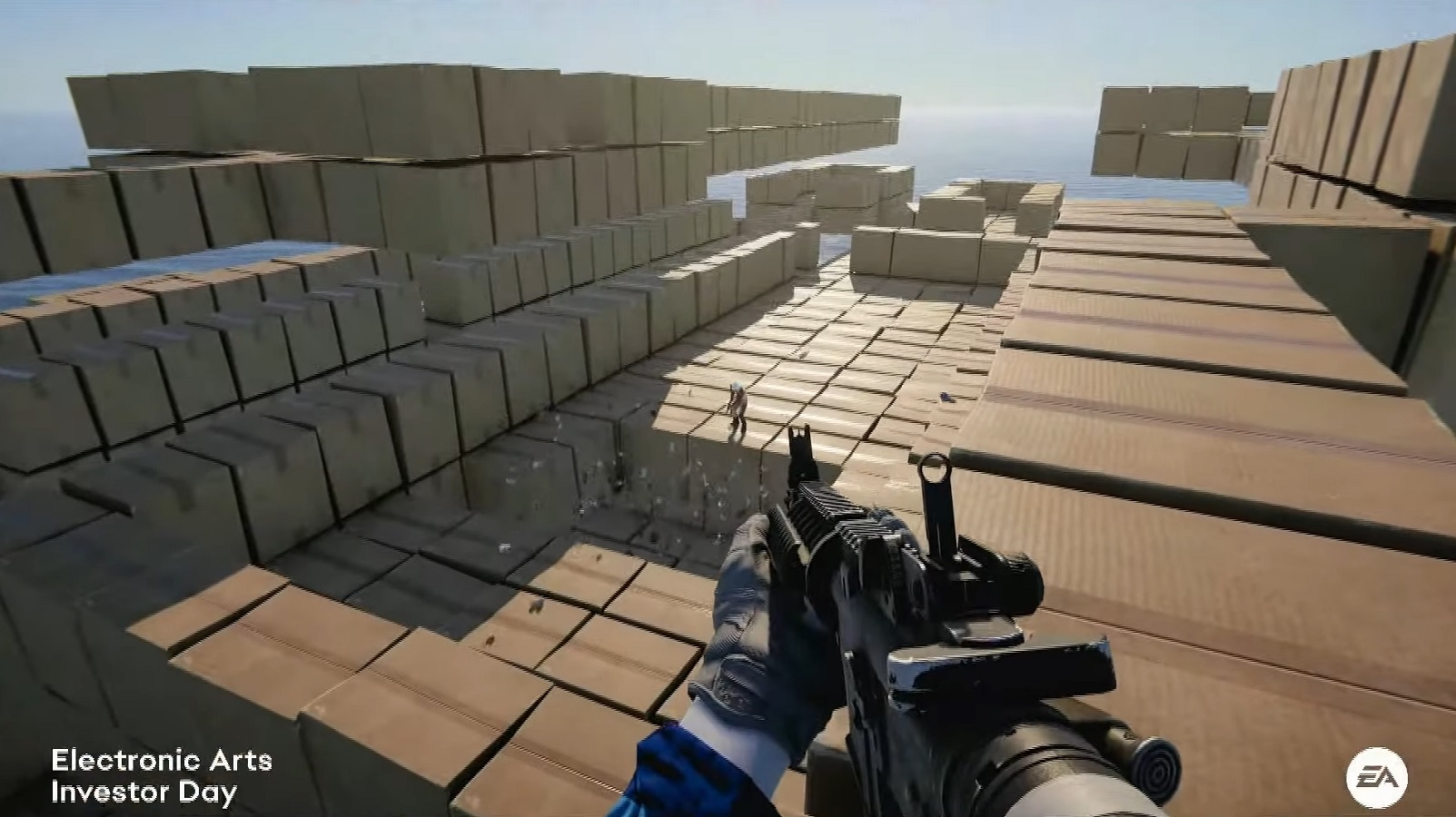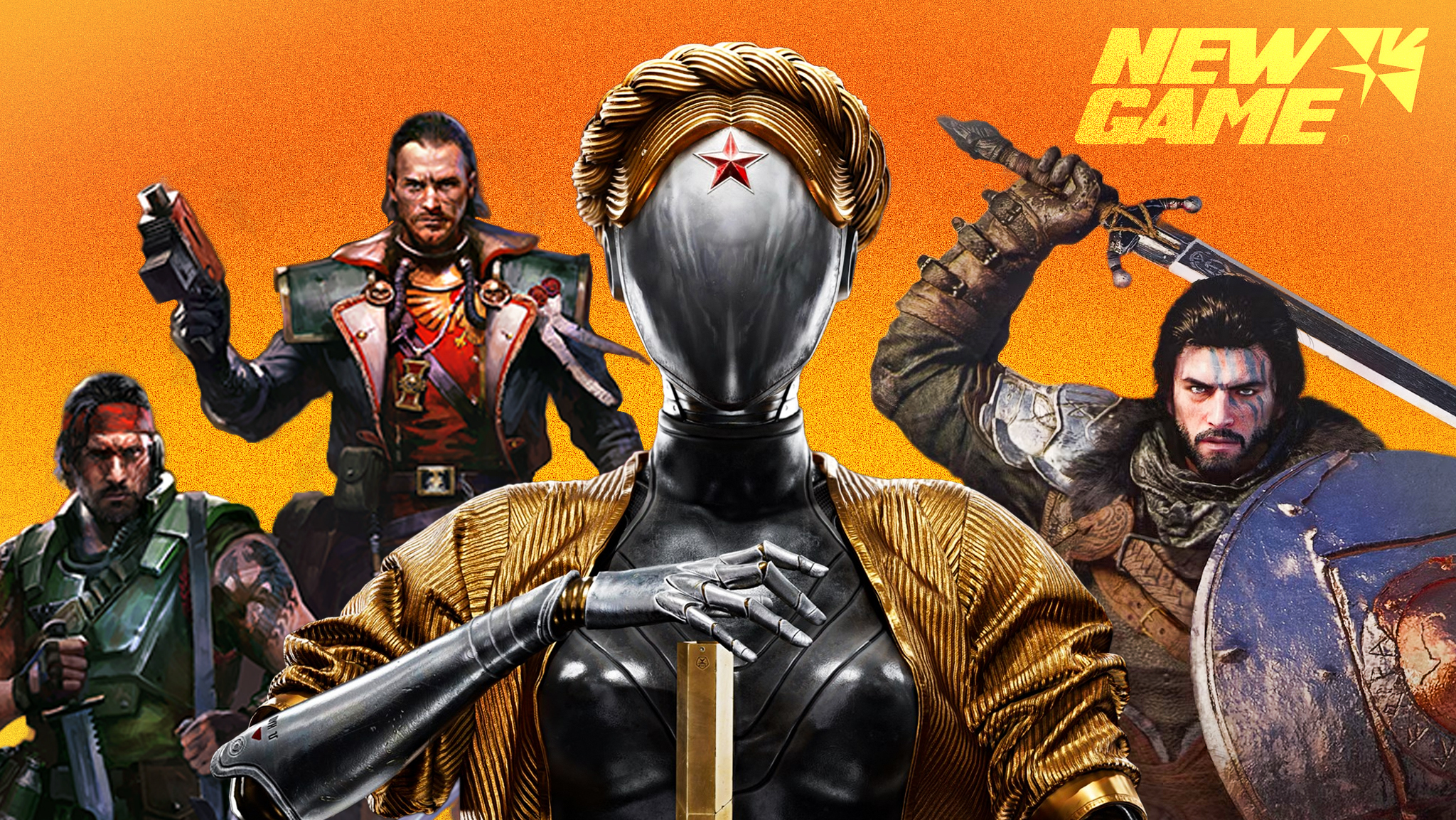Microsoft has filed a gaming patent for "crafting and altering game narratives" using generative AI
A new patent filed by Microsoft purports to demonstrate how game designers and players alike can alter a narrative experience using generative AI.

A new patent filed by Microsoft may give some insight into game development ideas the company is exploring.
Microsoft filed a patent in 2024 that's now available publicly, exploring ways that generative artificial intelligence (AI) can be used in game design, allowing the designers and the players alike to both customize the experience through prompts. The patent provides a "high-level summary" of ways that games can be iterated on, such as quickly generating objects relevant to the narrative based on the provided prompts.
Another example shows how the system could be implemented into a pre-existing sandbox game like Minecraft. From here, players could provide prompts asking for new gameplay rules, systems, non-player characters (NPCs) or narrative content to be crafted on the fly.
Now, it's extremely important to emphasize that this is just a patent, and corporations are constantly filing patents on tech and software innovations that might never end up actually being used. Remember Sony's amusing diagram of someone excitedly yelling "McDonald's?" Still, it's a snapshot into paths the company is looking into right now.
Microsoft is heavily invested in the future of AI, with the company funding OpenAI to the tune of billions of dollars. In 2024, Xbox head of gaming AI Haiyan Zhang opined that AI will augment game developers, but that the technology isn't a replacement for actual humans working on a project.
A lot to prove

AI is an extraordinarily broad and hot topic, and for good reason, with discussions abounding surrounding the nature of ethical usage, what systems are being trained on, and much more. While generative AI has more specifically remained at the periphery of implementation in games, major companies are looking into it.
For its 2024 Investor Day, publisher Electronic Arts gave a brief gameplay demonstration, showing off how players could create a unique gameplay experience that they wanted based on providing different prompts and generating a world of cardboard.
All the latest news, reviews, and guides for Windows and Xbox diehards.
Brian Fargo, CEO of Microsoft-owned development studio inXile Entertainment (the team behind the upcoming time-bending role-playing game Clockwork Revolution) noted in 2023 that he's interested in some aspects of how AI can aid game development, but that he's "not convinced" AI has any place in crafting game narratives or NPCs.
Personally, I remain thoroughly skeptical of any work around AI-generated narrative content, especially if it could come as a threat to people's jobs. "AI" as a broad concept might have a place in the world in removing drudgery and making people more efficient, but at the end of the day, I want more writers and designers in the world.

Samuel Tolbert is a freelance writer covering gaming news, previews, reviews, interviews and different aspects of the gaming industry, specifically focusing on Xbox and PC gaming on Windows Central. You can find him on Bluesky @samueltolbert.bsky.social.
